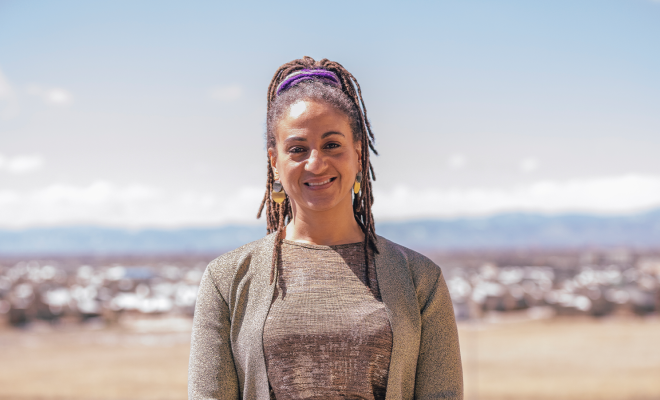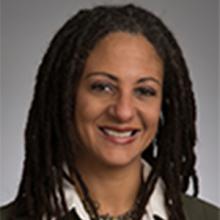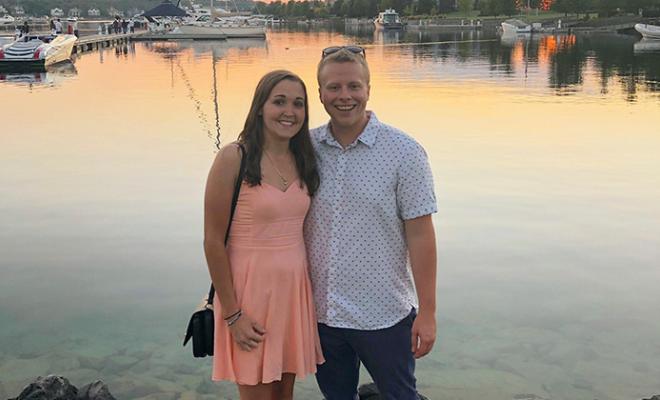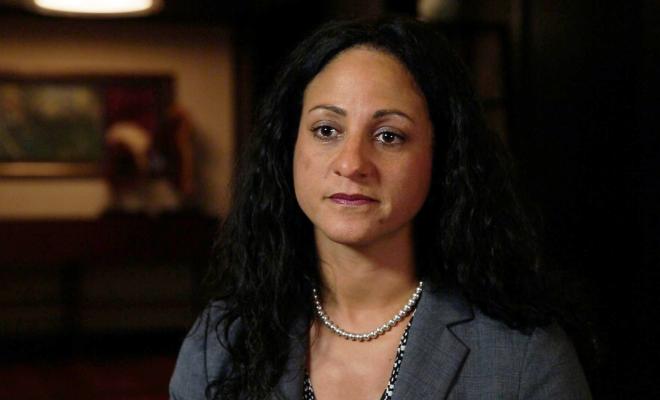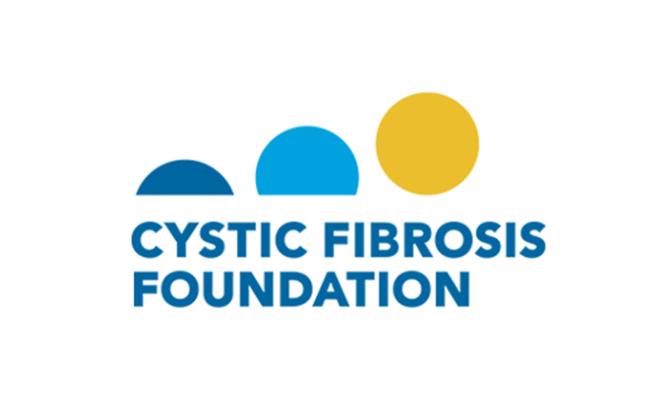How did you get involved with cystic fibrosis as a clinician?
I went to medical school with the plan to become a neonatologist because I loved working with children, but I was scientifically and clinically intrigued by lung disease. As an intern and resident, I had the opportunity to work with people with CF, first in the hospital and then in clinic. The resilience of the people with CF and their families drew me to want to establish the long-term care relationships that are an essential aspect of improving the quality and quantity of people’s lives.
When did you first notice health inequity in the CF community? What red flags did you see?
In medical school, like others, I learned that CF was a disease that occurred in people who are white. However, as a resident, I took care of people who were Black with CF. At that time, I did not understand how underlying structural racism and bias led to that conflicting information. Investigators like Dr. Susanna McColley and Dr. Michael Schechter began publishing manuscripts regarding health disparities in CF in the 1990s, but these disparities were not a central focus or discussed in front of large audiences at conferences. As a faculty member and CF Center director, it was incredibly disheartening to continue to see people from ethnically and racially marginalized groups present to me with many years of unnecessary suffering that could have been prevented with a correct diagnosis. It is also heartbreaking to hear the stories of the mental trauma caused by biased comments made to people who were seeking diagnosis (e.g., assumptions that failure to thrive was caused by parental neglect or pancreatitis was caused by alcoholism rather than the correct diagnosis of CF).
How have you advocated for health equity in cystic fibrosis?
In Bijal Trivedi’s Breath from Salt, she referenced Dr. Dorothy Andersen’s seminal manuscript that described cystic fibrosis of the pancreas. Motivated by that reference, I re-read Dr. Andersen’s paper and understood that we have known since the beginning that CF affects people of all races and ethnicities. This knowledge motivated me to push harder to find ways to re-educate people and bring the discussion of health inequity to the forefront.
I have advocated for health equity by serving on committees for the CF Foundation including the Racial Justice Working Group and co-chairing the Health Equity Team Science Award study section. But I have also brought a health-equity lens to the other Foundation committees on which I serve, including the Clinical Research Executive Committee, Clinical Research Advisory Board and the Sexual Health, Reproduction, and Gender Research Working Group, and as the Adult Care Advisor to the CF Foundation’s Board of Trustees. Additionally, I have partnered with a number of organizations to create enduring materials about health inequity including the CF Foundation, the American Board of Pediatrics, Cystic Fibrosis Research Incorporated, and the National Organization of African Americans with CF (NOAACF). I also partnered with NOAACF to create a symptom self-screening tool that could enable people to advocate for themselves to be tested for CF. Finally, I give lectures at local, regional, national, and international conferences to raise awareness of health inequities in CF and motivate others to get involved to change the systems that lead to these inequities.
What motivates you to combat health inequity? What keeps you going when you’re feeling discouraged?
As a Black woman, I have personally experienced the bias and inequities that exist in our health care system and have had to intervene for close friends and family members whose lives were put at risk by these biases and inequities. I also deeply care about my patients and the experiences that they have endured, and I want it to be better so that other people are not subjected to the same approaches. The knowledge that other healthcare systems have much better health outcomes than those in the U.S. motivates me to believe in and continue to fight for health equity.
When I am feeling discouraged, I think about the steps forward we have made in the last few years, such as:
- Increasing inclusion of the voices and perspectives of people from ethnically and racially marginalized groups in all the spaces in which we work with the CF community
- Expanding the number of variants included on newborn screen panels in some states that make it more likely that infants from ethnically and racially marginalized groups will also have the opportunity to benefit from an early diagnosis of CF
- Expanding modulator eligibility to variants more often found in individuals with CF who identify as Black, indigenous, and people of color
What would you say to someone who is interested in fighting for health equity in cystic fibrosis?
We need you! Dr. Martin Luther King, Jr. said, “Of all the forms of inequality, injustice in health is the most shocking and inhuman.” While health disparities are often viewed as a problem only for those affected, it is one in which we all must be invested in order to improve health outcomes. Our mission at the CF Foundation is “Until It’s Done” and that means until it’s done for everyone with CF.
Interested in sharing your story? The CF Community Blog wants to hear from you.

